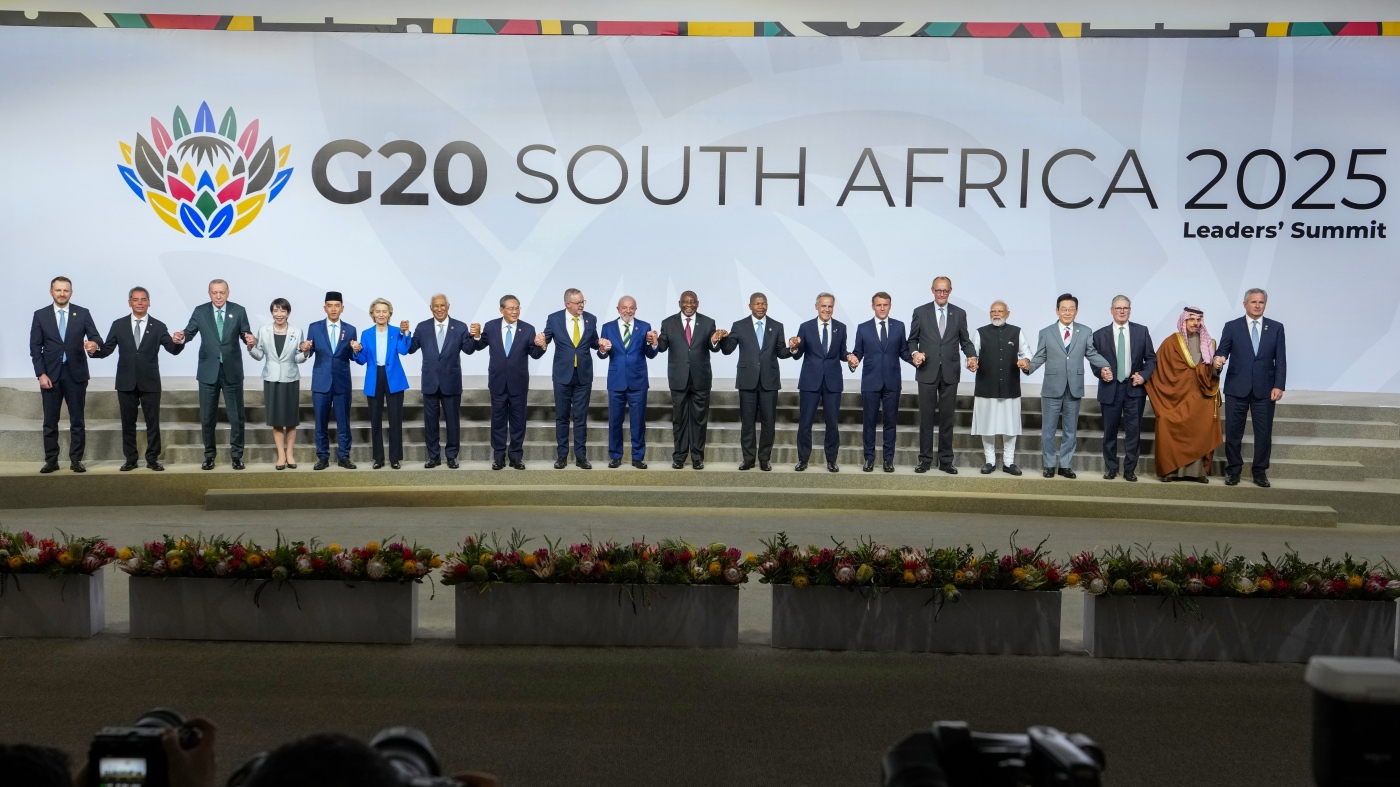The G20 Leaders' Summit, held for the first time on the African continent in Johannesburg, South Africa, concluded recently with an air of both triumph and controversy. The gathering of the world's major economies was notable not only for its historic location but also for the conspicuous absence of the United States, marking an unprecedented boycott by the Trump administration.
An Unconventional Summit Defined by US Absence
Several unconventional elements defined this year's summit. Breaking with tradition, the G20 nations reached a consensus and issued a joint declaration at the very beginning of the meeting, rather than its customary conclusion. Furthermore, the typical ceremonial handover of the G20 chairmanship between the outgoing and incoming presidents did not occur as expected.
The US boycott stemmed from accusations made by the Trump administration against the South African government regarding the confiscation of white-owned land and alleged violence against white Afrikaners – claims that have been widely refuted as false. Washington also expressed strong objections to the summit's proposed agenda, which emphasized diversity, equity, and inclusion (DEI).
South Africa's Resilience and Protocol Defiance
Despite what some international observers and officials perceived as attempts by the US to undermine the event, South African Minister of International Relations Ronald Lamola proudly declared the summit "a great success for our country" as it wrapped up near Johannesburg's historic Soweto township.
Host President Cyril Ramaphosa officially closed the meeting, symbolically banging a gavel. He then announced that the G20 presidency would pass to the United States for the following year. However, the customary direct handover to the leader of the incoming chair could not take place due to President Trump's absence. Washington's request for Ramaphosa to hand the gavel to a junior embassy official was firmly rejected by South Africa, with spokesperson Vincent Magwenya emphasizing, "It's a breach of protocol. It has never happened before and it was never going to happen for the first time here in South Africa." The handover was eventually slated to occur between officials of similar rank on Monday.
A Joint Declaration Issued Without US Input
In another act of defiance, South Africa moved forward with a joint declaration at the summit's opening, despite explicit instructions from the US not to issue one, or at least to only refer to it as a "chair's statement." Ramaphosa, who had previously asserted that South Africa "will not be bullied," ensured the consensus statement was released, notably without US input.
The declaration itself contained language championing climate change action, gender equality, and addressing the debt burden of developing nations – themes that directly contradicted the Trump administration's stated preferences. While Argentina, a strong Trump ally whose president Javier Milei did not attend in solidarity, voiced some objections, the declaration was ultimately published.
Lingering Divisions and Broader Global Concerns
Although French President Emmanuel Macron offered Ramaphosa a warm embrace and world leaders thanked South Africa for its leadership, Macron also pointed out that underlying divisions within the G20 remained evident. Ramaphosa highlighted South Africa's achievement in placing "the Global South at the heart of the agenda" and prioritizing issues critical to developing economies.
Nevertheless, conflicts from other regions often overshadowed these efforts on the summit's sidelines. European leaders issued a joint statement expressing reservations about the US's new peace plan for Ukraine, suggesting it favored Moscow and would leave Ukraine vulnerable without further refinement. Concurrently, Brazilian President Luiz Inácio Lula da Silva voiced concerns over a US military buildup near Venezuela. The summit, while a success for South Africa, underscored the complex and often fractured landscape of global diplomacy.

